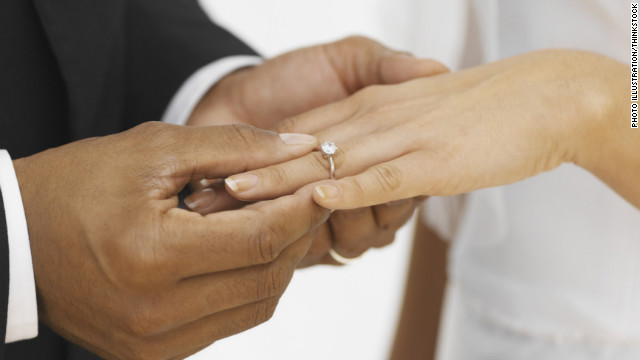Born in the 1970s at the tail-end of the women’s lib movement, I was a Gen X girl trying to figure out my role in an era of change and uncertainty.
Girls in the 80s grew up fast. My mom’s lectures regarding my future involved college and career choices, not marriage. All of the girls I knew had boyfriends and little pills. Boyfriends were a cultural norm and very much a part of family nights and holiday dinners. The idea of one true love, romance and the ritual preparation of a woman to transition from virgin to bride slipped away in our modern, egalitarian culture in which overnight prom outings and living with one’s fiancé before marriage were encouraged.
A world away in Pakistan, my future husband and sisters-in-law were experiencing a very different introduction to dating and love. One of my sisters-in law said she “had boyfriends” prior to getting married at the age of 19. Further probing on my part revealed that though a kiss or two may have been exchanged, these relationships were platonic fairy tales enacted through phone calls and letters passed through mutual friends. There weren’t many face-to-face conversations and certainly no open, familial acceptance of the boy in question.
So much of what I heard from my Muslim sisters-in-law and friends was a sweet and innocent perspective on romance. Because I was more experienced than them, I thought I knew everything there was to know about love and romance and assumed that they were naïve in their understanding of relationships. “How could they know more about relationships if they’ve only had one – with the guy they married?” I asked myself.
Since then, through my own multicultural marriage, I have learned that the seemingly simple four-letter word, “love”, is infinitely complex. Love is not something you get better at just because you’ve had a lot of boyfriends. Love is something you become better at when you open yourself to the idea of loving and being loved completely for who you are during a committed relationship.
When I met my future husband, Zain, I was 26, had recently completed my graduate education, and was living on my own. I was a couple years older than him and had a long but unimpressive dating résumé, including a number of co-dependent relationships commencing at the age of 14. Though my husband was younger and had had only one previous relationship, it quickly became clear that it was I who was the amateur when it came to relationships.
Zain’s parents had been married for 40 years and believed in the sanctity of marriage. Zain was also privy to the details of his sisters’ marriages. Though premarital sex and dating were forbidden and generally not spoken of, marriage and marital issues were family affairs and important dinner table topics. As a child of separated parents, their collective focus on marriage and support of the married couple in question were new to me.
I had no idea how to play the role of wife. All of my role models were either divorced or in utilitarian, unromantic relationships in which both partners endured the marriage or treated one another as competitors, rather than partners. Zain loved and respected me, but he also saw a distinction between men and women and their respective marital roles. His understanding of Islam taught him to be a provider no matter what my financial contributions were. In turn, I was the caretaker of the family and home and his nurturing lover.
Influenced by his sisters’ openness about their happy marriages, the Qur’an, Bollywood films, and the Kama Sutra, Zain’s ideas about love initially seemed very Old World and different from mine. While he and his sisters were dreaming of their weddings, I had been plotting ways in which to break out of my blue-collar suburbia – without a male savior. In spite of this, over time, I’ve grown to embrace some of their more traditional ideas about romance, marriage and love.
I’ve been married to my Pakistani husband for nearly ten years now. It has been tough to unlearn the role of girlfriend and to learn the role of wife in its conventional and spiritual senses. I regret that my 80s, nominally Christian, middle-class upbringing condoned and encouraged very involved dating from such an early age. I now see how it stunted my growth from girl to woman and clouded my ideas about romance, love and marriage. The baggage that I brought into my marriage from my years of dating took time to unlearn. I now see the merit of women taking the time to find themselves and achieve their professional and personal dreams – without a guy hitched to their side from adolescence on – before investing their whole self in the spiritual union that is marriage.
Insh’Allah, I hope my children will wait until they are college-going adults before they begin searching for love. As they grow up, I will explain to them the importance of first investing in and loving themselves so that when the time comes for marriage, they will be better prepared to honor and cherish what a gift it truly is.
—
Lena Angelo is the pen name of a thirty-something mother of three. She lives in the Midwest, working as a planning specialist and is involved with social service program design and implementation. Lena enjoys book clubs, fresh food finds, gardening, and cooking.












